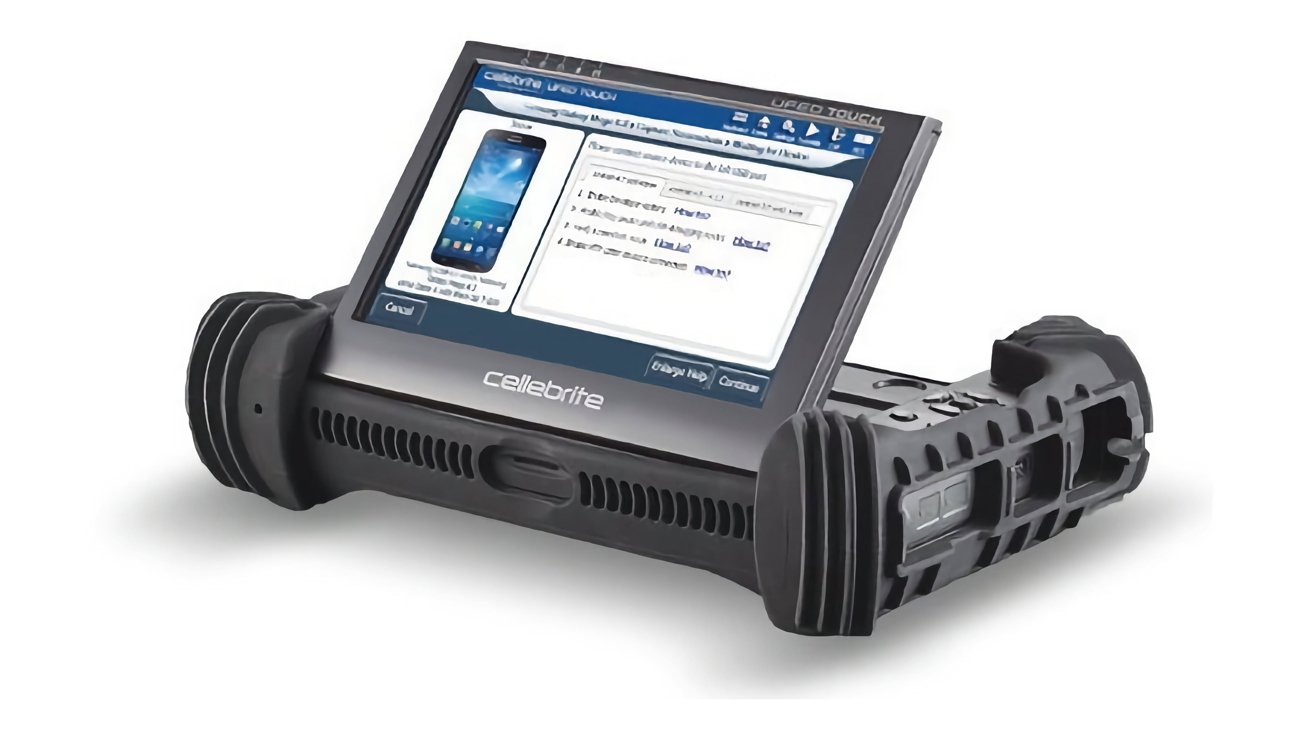Article Hero Image

Cellebrite, the firm behind forensic devices used by law enforcement agencies to access data on seized iPhones, attempted to keep its technology secrets hidden, by telling its users to keep the hardware's existence as "hush hush as possible."
Law enforcement agencies do sometimes need to access data stored on a smartphone, but the onboard security of the iPhone means they often have to turn to tools from companies like Cellebrite. It seems that Cellebrite has attempted to maintain the secrecy of its products for years, and even urges the end users of the systems to keep quiet about it.
Part of the affair involves an agreement between Cellebrite and law enforcement agencies buying its products to keep the technology it uses secret, according to TechCrunch. A training video for Cellebrite's devices goes one step further, telling the user of the hardware to stay quiet too.
"Ultimately, you've extracted the data, it's the data that solves the crime, how you got in, let's try to keep that as hush hush as possible," a senior Cellebrite employee explains in the video. "We don't really want any techniques to leak in court through disclosure practices, or you know, ultimately in testimony, when you are sitting in the stand, producing all this evidence and discussing how you got into the phone."
Cellebrite has some reasons for wanting secrecy, with the in-video employee explaining leakage "can be harmful to the entire law enforcement community globally." This includes any leaks of how access to a device or decrypting specific messaging apps, since this could supposedly push criminals on to platforms that may be "much more difficult or impossible to overcome."
The request for secrecy from Cellebrite is somewhat troubling to legal professionals since there is supposed to be transparency from authorities to enable judges to authorize searches or the use of certain types of data in court as evidence. By keeping it secret, experts claim defendants have their rights eroded due to a need for the accused to have the ability to understand how the devices work in the first place.
This would also include allowing defense attorneys to determine if there were legal issues in obtaining the evidence in the first place.
Cellebrite spokesperson Victor Cooper insisted to the report that it is "committed to support ethical law enforcement," and that the tools are made "with the utmost respect for the chain of custody and judicial process."
The company does not advise its customers "to act in contravention with any law, legal requirements, or other forensic standards," the spokesperson continued. While keen to continue to protect its trade secrets and to expect its clients to do the same, Cellebrite will also "permanently continue developing our training and other published materials for the purpose of identifying statements which could be improperly interpreted by listeners."